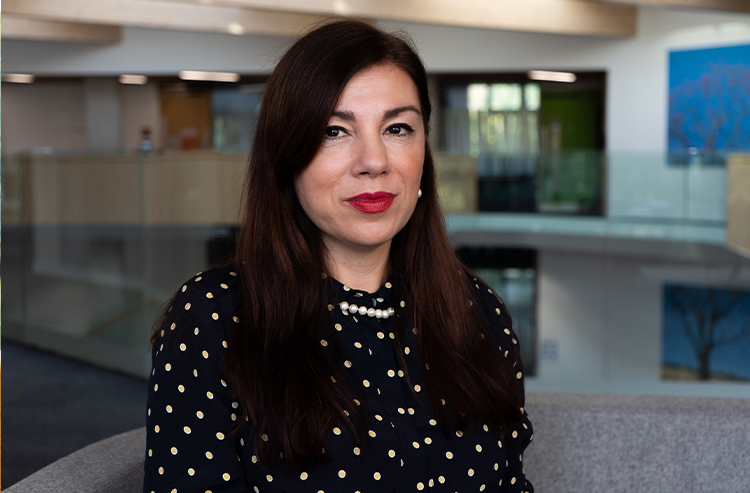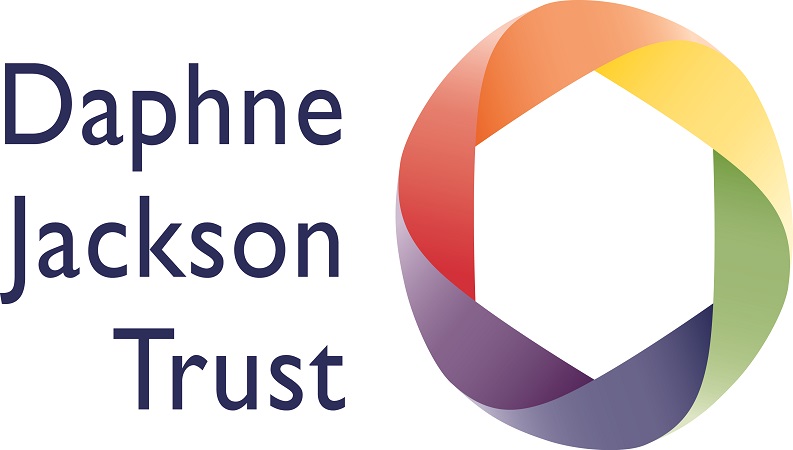Dr Kathy Kotiadis, Reader in Management Science and Operational Research at Kent Business School has been credited in the Daphne Jackson Fellowship Impact Report.
Daphne Jackson Trust offers prestigious fellowships to returning academics following a career break. The Daphne Jackson Trust was established in 1992 in memory of Professor Daphne Jackson – the UK’s first female Professor of Physics. Daphne devised a Fellowship scheme in the mid-1980s to support talented individuals wanting to return to research after a career break.
Dr Kotiadis was competitively awarded the Daphne Jackson Fellowship in 2016 hosted by Kent’s School of Computing to after taking an almost five year career break for family reasons. She undertook research in simulation modelling and was able to gain a permanent academic appointment whilst undertaking her fellowship Dr Kotiadis is a champion for women, particularly mothers, working in the classically male-dominated sector of STEM.
Speaking to the Daphne Trust Dr Kotiadis remarked: “I got my life back – as well as my confidence and independence. The Fellowship was life changing for me and my children. I am very proud of my journey on becoming a senior academic at just 5-years after my Fellowship. Meeting other Fellows made me realise that this is not about me, but the sector. I have changed my outlook on life and I support women in a more active way to make sure that they progress. It made me a better person and a better academic”
Andrew Clempson from the Trust said: “For us, impact isn’t just about academic papers, journals or conference invitations. It’s so much more. Daphne Jackson Fellowships improve skills, training and career prospects. They help people to not only return to research, but to stay in research careers long term. We’re delighted that Dr Kotiadis has gone from strength to strength in her career after her Fellowship and look forward to seeing even more brilliant outcomes from her work.”
Dr Kathy Kotiadis is Reader in Management Science/Operational Research. She is an expert in developing quantitative and qualitative modelling approaches to support stakeholder engagement, primarily in Health Care. She is also co-founder of PartiSim, which stands for Participatory Simulation, an approach to support stakeholder involvement in the discrete event simulation modelling process.


